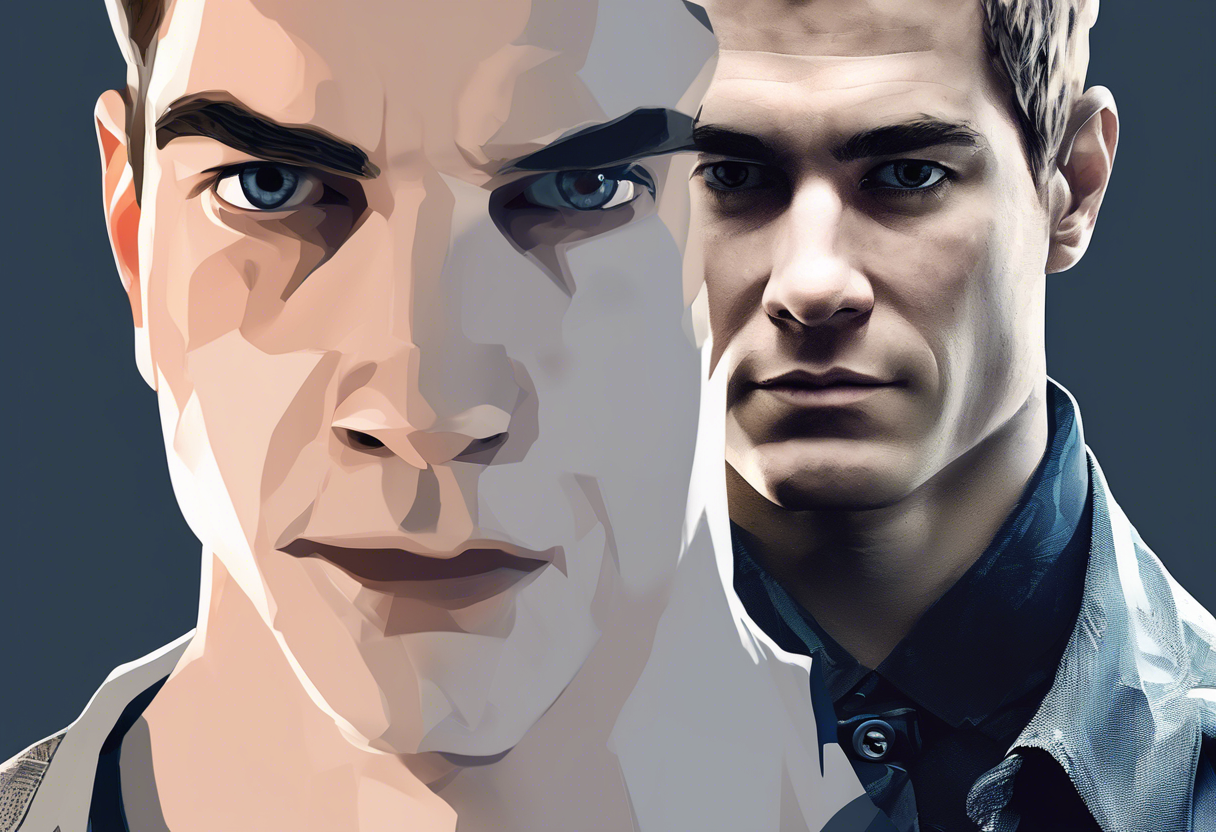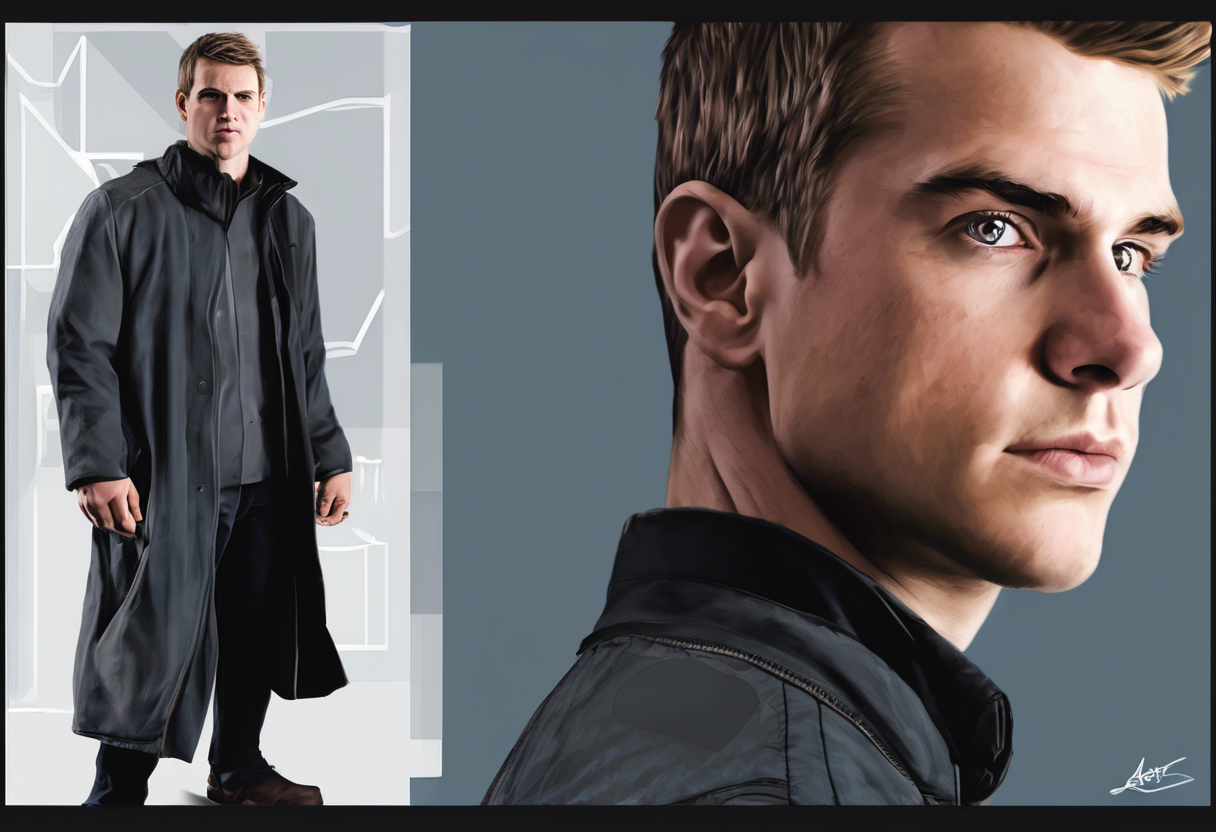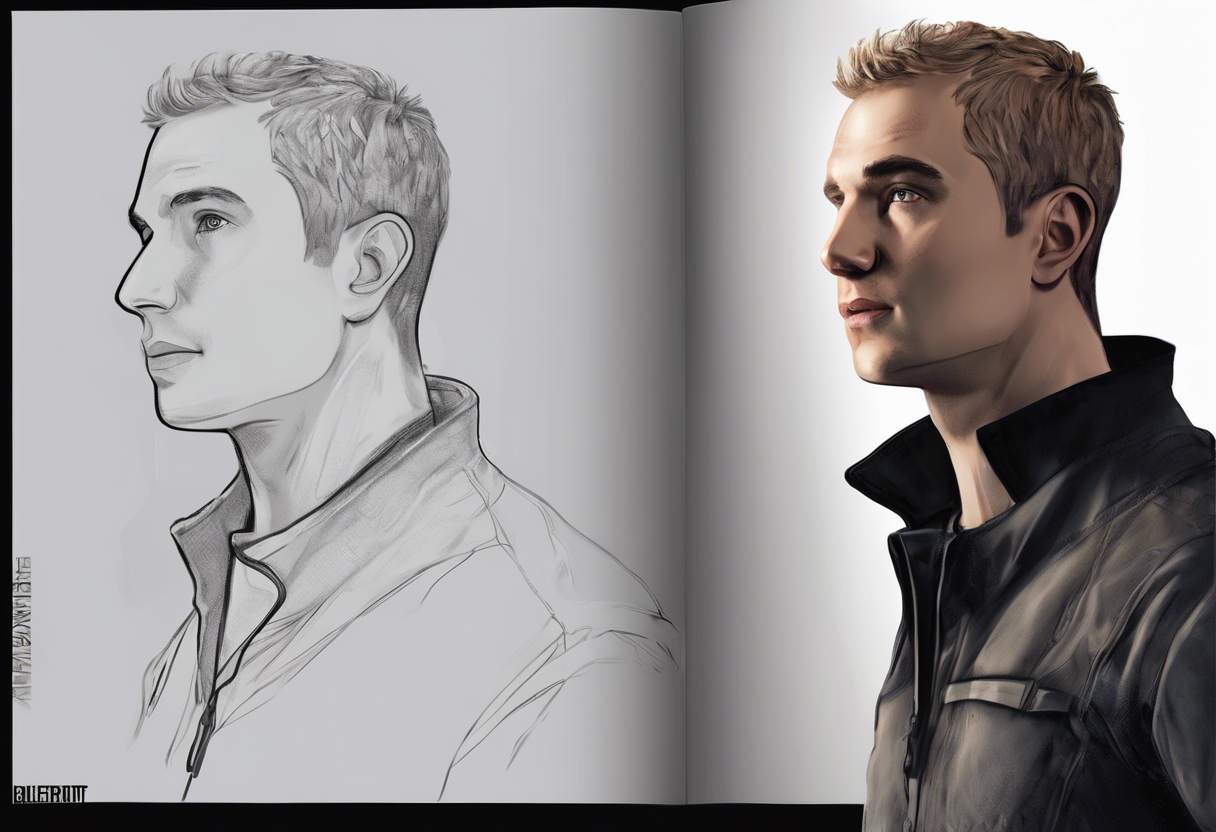Contents
Albert from the Divergent Series
Introduction
Albert, often referred to as Al, is a significant character in Veronica Roth’s Divergent series, particularly in the first book, Divergent. He is a Dauntless initiate who transferred from the Candor faction, known for its emphasis on honesty and transparency. Al’s introduction in the series marks a pivotal point in the narrative, as his struggles and interactions with the main character, Tris Prior, highlight key themes of the book.
Al’s backstory is one of vulnerability and a desire for acceptance. Transferring from Candor to Dauntless, he seeks to escape the strictures of his former faction and find a new sense of belonging. However, his transition is fraught with challenges, both physical and emotional, which are central to his character development.
In the broader literary tradition, Al’s character fits into the archetype of the sensitive and struggling outsider, a common figure in young adult literature. His story resonates with themes of identity, belonging, and the psychological toll of societal pressures, making him a relatable and compelling character.
Role in the Story
Al’s journey in Divergent is marked by his struggles to adapt to the rigorous training of the Dauntless faction. Despite his physical size and strength, he is unwilling to hurt others, which hampers his performance in the initiation process [4]. This internal conflict makes him a sympathetic character as he grapples with the expectations of his new faction.
One of the most significant aspects of Al’s storyline is his relationship with Tris. He develops a crush on her, but she rejects him due to his sensitivity, which she finds too overwhelming [1]. This rejection further exacerbates Al’s feelings of inadequacy and isolation.
A critical event in Al’s storyline is his death, which occurs when he is found at the bottom of the Dauntless pit. This incident has a profound impact on Tris and the other characters, highlighting the brutal and unforgiving nature of the Dauntless initiation process.
Character Analysis
Al’s personality is characterized by his sensitivity and emotional vulnerability. He is deeply affected by the rejection and criticism he faces during his initiation, which underscores his need for acceptance and belonging. Despite his physical strength, Al’s inability to conform to the aggressive norms of Dauntless makes him an outsider within his own faction.
Al’s motivations are driven by a desire to fit in and be accepted by his peers. His transfer from Candor to Dauntless is a quest for a new identity and a sense of community. However, his failure to meet the expectations of Dauntless leads to a deep sense of failure and despair.
One of Al’s significant strengths is his empathy and compassion. He is unwilling to hurt others, even when it is required by the Dauntless training, which shows a moral integrity that is rare in the faction. However, this same trait also becomes a flaw as it hampers his ability to succeed in the initiation process.
Al’s character development, though cut short by his death, is poignant and reflective. His struggles and ultimate failure serve as a commentary on the harsh realities of the faction system and the psychological toll it takes on individuals.
Themes and Symbolism
Al embodies several key themes in the Divergent series. His character represents the struggle for identity and belonging in a society that values conformity above individuality. His transfer from Candor to Dauntless symbolizes the search for a new identity and the challenges that come with it.
Al’s death serves as a symbol of the brutal consequences of the faction system. It highlights the theme of sacrifice and the cost of trying to fit into a society that does not value empathy and compassion. His story also underscores the theme of mental health, as his struggles with depression and rejection are deeply relatable.
Cultural Impact
Al’s character has had a significant cultural impact, particularly among young adult readers. His story resonates with themes of self-acceptance, mental health, and the struggle to fit into societal norms. Fans of the series have empathized with Al’s vulnerabilities and praised his character for its realism and depth.
In adaptations and spin-offs, Al’s character has been portrayed with sensitivity, capturing the essence of his emotional struggles. His portrayal in the film adaptation of Divergent by Christian Madsen was well-received, bringing his character to life in a way that aligned with the book’s depiction.
Critical Reception
Critics and audiences have generally praised Al’s character for its complexity and emotional depth. His storyline has been noted for its realistic portrayal of mental health issues and the pressures of societal expectations. However, some critics have argued that his character’s development was cut short too abruptly, leaving some aspects of his story unresolved.
The controversy surrounding Al’s death has also been a topic of discussion. Some readers felt that his death was unnecessary and served only to further Tris’s character development, while others saw it as a necessary plot point to highlight the dangers of the faction system.
Legacy
Al’s enduring appeal lies in his relatability and the universal themes his character represents. His story continues to resonate with readers who struggle with identity, belonging, and mental health issues. In contemporary discussions, Al’s character serves as a reminder of the importance of empathy and compassion in a society that often values strength and aggression.
Al has also inspired other character archetypes in young adult literature, particularly those that focus on the struggles of outsiders and the importance of mental health. His legacy in the Divergent series is one of a poignant and memorable character whose impact on the narrative is still felt long after his death.







